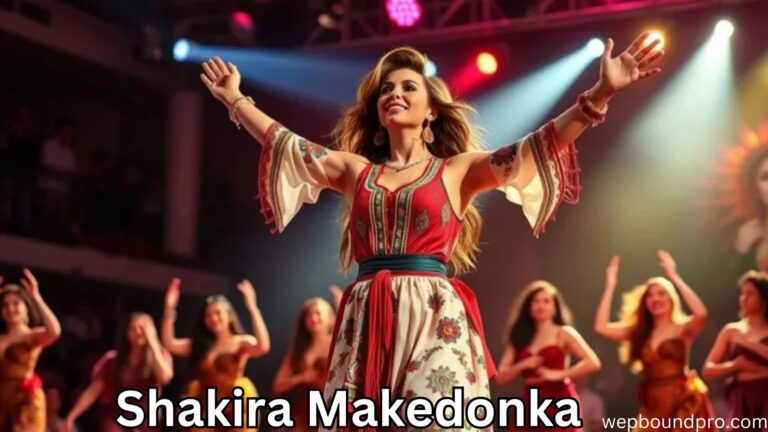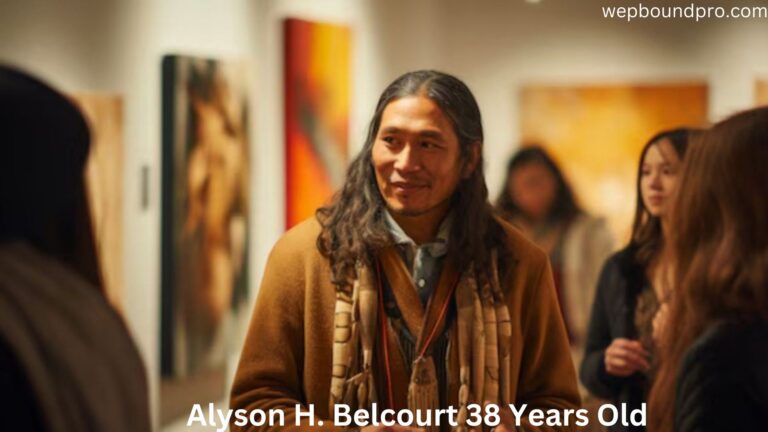
The phrase “Utanmaz Türklere” holds a unique place in Turkish culture, combining humor, critique, and reflection. It captures the essence of societal contradictions, serving as a mirror to both individual behaviors and collective norms. Rooted in tradition yet adaptable to modern contexts, this expression is more than just a witty remark—it’s a lens through which Turkish society examines itself.
By exploring its historical background, cultural significance, and modern adaptations, this article provides a comprehensive look at how “Utanmaz Türklere” continues to reflect the evolving dynamics of Türk kültürü (Turkish culture) and toplumsal davranış (societal behaviors).
Read Also: Selena Green Vargas
Türk Kültürünün Mizahi Yönleri
Mizahın Toplumdaki Rolü
Humor plays a crucial role in Türk kültürü, acting as a tool for both entertainment and social commentary. Turkish humor, or Türk mizahı, is deeply ingrained in cultural traditions and reflects the collective psyche of the community. It critiques toplumsal davranış (societal behaviors) while reinforcing shared values.
Examples of this role include:
- Nasreddin Hodja anecdotes that use wit to teach life lessons.
- Karagöz and Hacivat puppet shows that highlight social contradictions through satire.
Through humor, Turkish culture expresses collective grievances, navigates societal change, and fosters resilience.
Utanmaz Türklere Deyiminin Mizah Anlamındaki Yeri
The phrase “Utanmaz Türklere” epitomizes humor’s power to critique societal flaws. It draws attention to behaviors deemed shameless or self-serving while encouraging reflection. This form of mizah anlayışı (sense of humor) often uses exaggeration and irony to highlight discrepancies in values and actions.
For instance:
- “Utanmaz Türklere” is often used to humorously critique corruption, laziness, or hypocrisy, aligning with Turkish humor’s satirical nature.
Tarihsel Bağlamda Utanmaz Türklere
Deyimin Tarihçesi ve Kökeni
The origins of “Utanmaz Türklere” date back to shifts in Türk tarihi (Turkish history) when societal norms were rapidly evolving. This phrase emerged as a response to behaviors that diverged from traditional values during periods of cultural interaction and modernization.
Historical context includes:
- Ottoman Era: The term critiqued behaviors seen as diverging from Ottoman moral values.
- Republican Reforms: Highlighted tensions between traditional lifestyles and Westernized ideals.
Its endurance in Turkish culture reflects its adaptability to different eras and challenges.
Toplumsal Değerlerin Evrimi
The phrase mirrors the modernleşme etkileri (effects of modernization) on Turkish society. As sosyal normlar (social norms) shifted with urbanization and globalization, “Utanmaz Türklere” adapted to reflect changing societal priorities.
Key changes include:
- Evolving Moral Codes: From collective to individualistic behaviors.
- Cultural Hybridization: Blending of traditional and modern influences.
The term’s humorous critique underscores the societal need for balance between progress and heritage.
Gelenek ve Modernleşme Çatışması
Geleneklerin Toplumdaki Yeri
Örf ve adetler (customs and traditions) form the backbone of Turkish society, guiding ahlaki değerler (moral values). These traditions promote community cohesion and a sense of belonging. However, the tension between preserving traditions and adapting to modernity creates challenges.
Examples:
- Festivals: Such as Ramazan celebrations, which balance spirituality and modern lifestyles.
- Family Dynamics: Shifting roles within families due to urbanization.
Modernleşme ile Değer Çatışmaları
As modernization continues, Turkish society experiences a conflict between maintaining geleneksel (traditional) values and embracing modernleşme (modernization). This friction is reflected in the humor surrounding societal changes, with terms like “Utanmaz Türklere” critiquing those who neglect cultural roots.
Key points:
- Education: Transition from rote memorization to critical thinking.
- Media: Influence of global platforms on Turkish cultural identity.
Mizah ve Toplumsal Eleştiri
Toplumsal Eleştiri Araçları
Humor is a powerful tool for toplumsal eleştiri (social critique). It bridges gaps between toplum ve birey (society and individuals), addressing inequalities, moral lapses, and contradictions. By tackling taboo topics, humor facilitates discussion and introspection.
Examples:
- Satirical Cartoons: Critiquing political figures and social policies.
- Television Comedies: Highlighting everyday struggles in Turkish households.
Türk Mizahında Eleştirinin Öne Çıkan Örnekleri
The tradition of Türk halk hikayeleri (Turkish folk tales) demonstrates the enduring nature of cultural critique through humor. Stories often combine geleneksel ve modern perspectives, showcasing societal contradictions.
Prominent examples:
- Nasreddin Hodja Tales: Philosophical humor that teaches lessons.
- Modern Sketch Shows: Satirical portrayals of societal quirks.
Günümüzde Utanmaz Türklere Algısı
Modern Toplumda Mizahın Değişimi
The role of humor in modern Turkish society reflects the dynamic nature of kültür ve tarih (culture and history). With the rise of digital platforms, humor has evolved into a tool for collective commentary on sosyal normlar (social norms).
Key trends:
- Memes: Expressing social grievances in a relatable format.
- Stand-Up Comedy: Offering direct critique of societal behaviors.
Dijital Dünyada Mizahın Rolü
The digital age has amplified mizah anlayışı (sense of humor), making it more accessible and participatory. Platforms like Twitter and TikTok have transformed how toplumsal davranış (societal behaviors) are critiqued, allowing individuals to contribute to the discourse.
FAQs
What is the meaning of “Utanmaz Türklere”?
The phrase humorously critiques societal behaviors, highlighting contradictions in cultural and moral norms.
How does humor influence societal norms in Turkish culture?
Humor critiques sosyal normlar, fostering reflection and dialogue about evolving societal values.
What role do traditions play in Turkish humor?
Traditions provide the foundation for humor, linking öğr ve adetler to modern societal critique.
How has modernization affected Turkish humor?
Modernization introduced new platforms and themes, reshaping humor to reflect current ahlaki değerler.
Why is humor a key tool for cultural critique?
Humor addresses societal flaws and encourages introspection, making it a vital part of toplumsal eleştiri.






